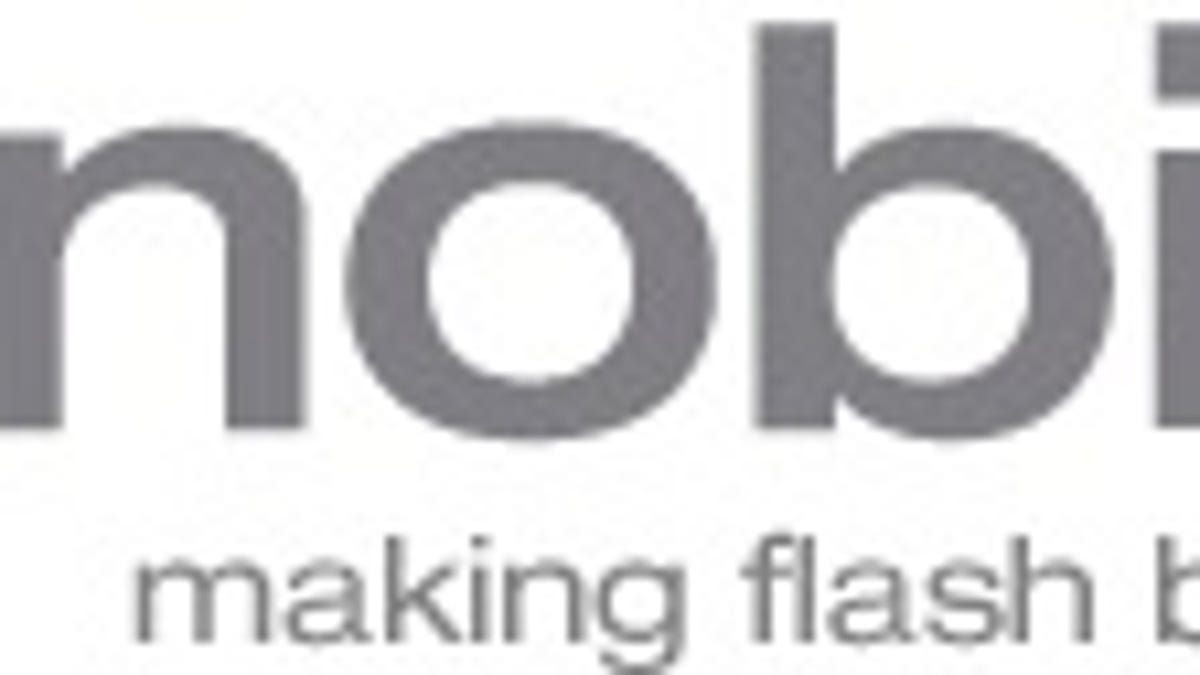Anobit acquisition keeps Apple ahead in flash memory
Apple's reported acquisition of Anobit gets it into the flash memory big leagues--if it wasn't there already.

The reported acquisition of Anobit should catapult Apple into the ranks of leading flash memory companies and mirrors what it has done with the A series of chips in its iPhone and iPad.
Apple is in the process of buying Anobit, an Israel-based flash memory firm, according to Israel's Calcalist business news site. The purchase price isn't small--in the range of $400 million to $500 million, according to reports.
So, what does a payout in that range bring to Apple? First of all, it's important to understand that Apple is not a flash memory neophyte, according to Gregory Wong, president of Forward Insights, a flash memory market intelligence company.
"They already develop their own flash management tech," he said. Anobit, therefore, strengthens Apple's existing in-house flash memory expertise, according to Wong.
But engineering flash memory so it's reliable is an enormous challenge. Just ask companies like Intel, Micron Technology, or SanDisk who have spent billions of dollars trying to make ever faster yet reliable flash memory and solid-state drives.
As NAND flash memory geometries get smaller and more bits are stored in each memory cell, the cells become more susceptible to electrical interference and disturbance, resulting in more data errors. Sometimes referred to "read and program disturb."
Anobit has developed a memory signal processor, or MSP, that is able to manage very high bit error rates and extend the life of flash memory devices, according to Wong. (Spelled out in more detail here PDF).
This is a big issue in the flash memory business these days because it's the difference between a high-quality, long-lasting solid-state drive and a mediocre one that may peter out prematurely.
And that is important to Apple since practically all of its marquee devices now use flash as the storage medium, not traditional rotating drives.
Add this burgeoning flash expertise to Apple's formidable in-house system-on-a-chip know-how, as manifested in its A5 series of chips, and you have the makings of a chip design giant, albeit one deftly hidden inside of a device maker.
It wasn't too long ago that Apple made similar acquisitions to establish itself as a leading designer of processors used in its iPhones and iPads. Past chip company purchases include Intrinsity and P.A. Semi.
Those have seemed to have worked. Apple's dual-core A5 processor powers both the iPad 2 and iPhone 4S and is a big reason both devices have been well-received by consumers.
Updated at 6:50 a.m. PT with a clarification of a quote from Gregory Wong.

